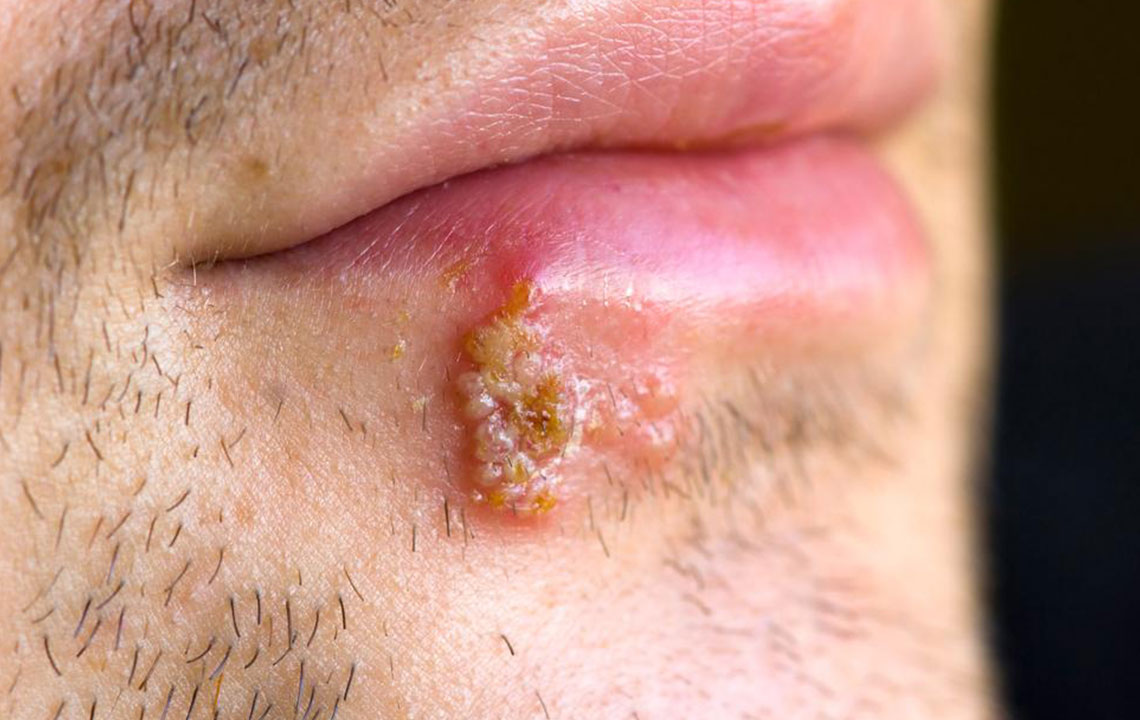Identifying Symptoms of Herpes Infections
This article explains common signs and symptoms of herpes infections caused by HSV. It details how herpes manifests around the mouth, genitals, eyes, fingers, and the brain, emphasizing the importance of recognizing symptoms for prompt diagnosis. Blood tests can confirm infection, and consulting a healthcare professional is recommended if symptoms occur. Understanding herpes types and their presentations aids in timely treatment and management.

Identifying Symptoms of Herpes Infections
Herpes is a highly contagious virus caused by the herpes simplex virus (HSV). Infection may present as sores and blisters around the mouth, genitals, buttocks, or nose. Sometimes, symptoms are subtle or absent, making it hard to recognize an infection. The signs can vary and are often mistaken for pimples, ingrown hairs, or flu discomfort. Recognizing these symptoms and understanding the different herpes types can aid in proper diagnosis and treatment.
Herpes simplex affecting the face and oral cavity: This form results in cold sores or fever blisters around the lips and mouth, with possible sores inside the mouth.
Genital herpes on reproductive organs: Symptoms include clusters of itchy or painful blisters on the vulva, penis, anus, or inner thighs. Ruptured blisters form open sores. Additional symptoms may involve:
A burning sensation during urination from contact with sores
Urinary difficulties caused by swelling and blockage of the urethra
Itching and discomfort in the genital zone
Flu-like symptoms including fever, swollen lymph nodes, headache, fatigue, and loss of appetite
Herpes keratitis affecting the eyes: Indicators include eye pain, discharge, and a gritty sensation in the eye.
Herpetic whitlow on fingers: Presents as swelling, redness, and tenderness, often with fever and lymph node swelling.
Herpes encephalitis impacting the brain and nervous system: Manifested by confusion, altered consciousness, and personality changes.
Blood testing is essential for confirmation. If any of these symptoms arise, seek medical advice for proper evaluation and diagnosis.


